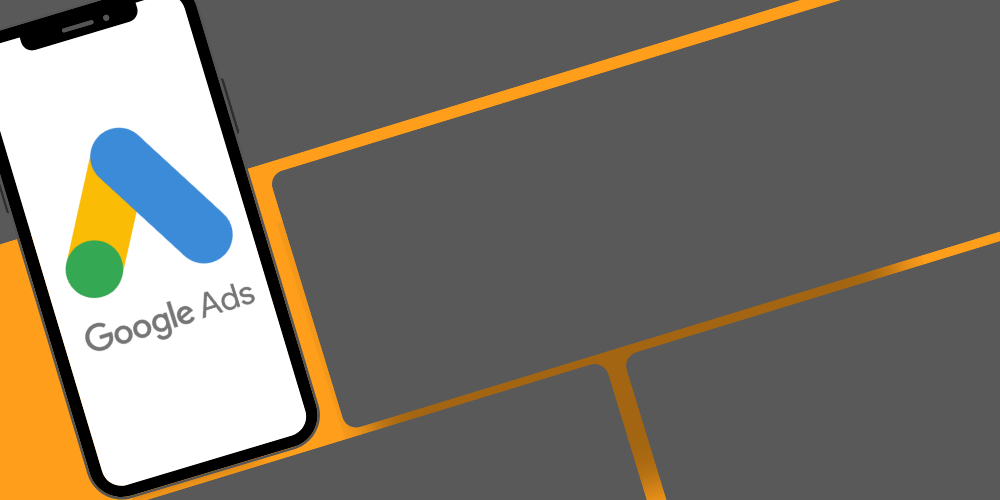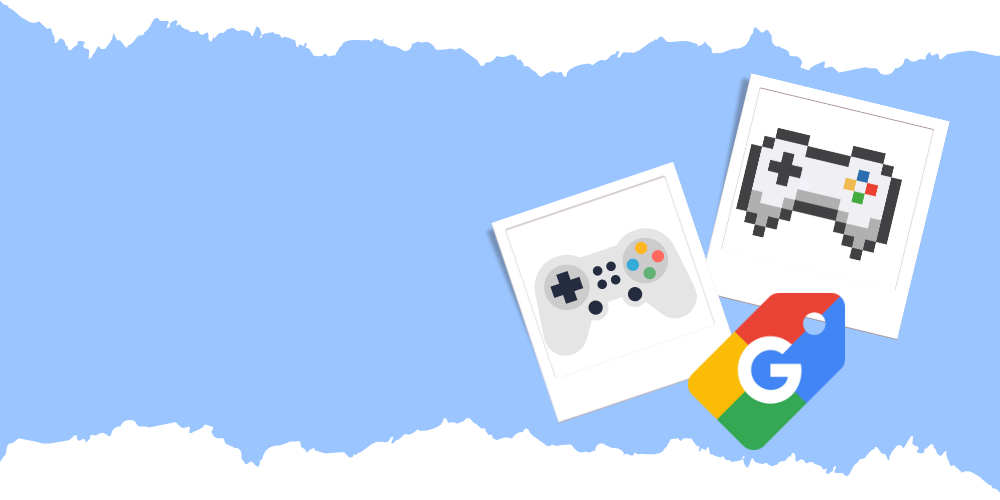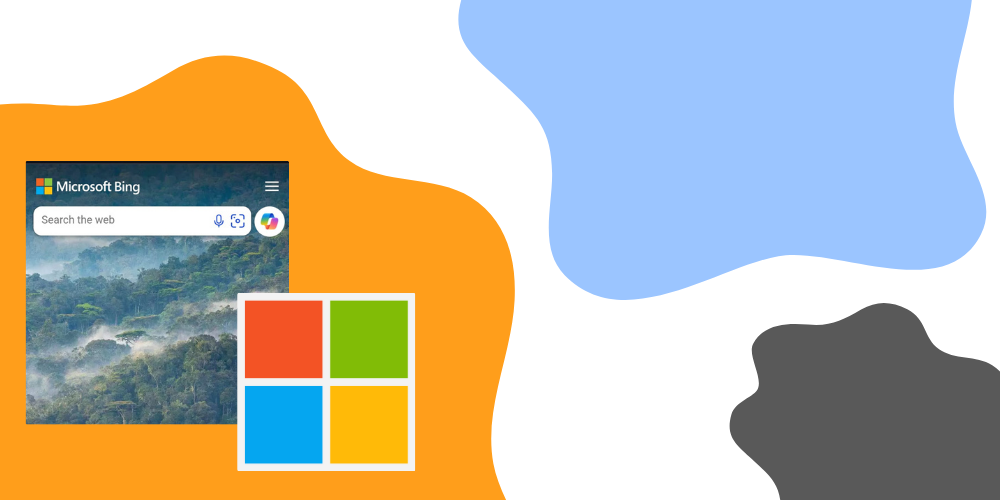So, what exactly is paid search? Paid search, also known as pay-per-click (PPC) advertising, is a model where advertisers bid on specific keywords to win a prime spot in the search engine results. It’s a clever way to quickly get your business in front of potential customers, as your ad will be displayed at the top of the search engine results page (SERP).
Search engines such as Google and Bing allow PPC advertising through their marketing platforms – Google Ads and Microsoft Ads. Google Ads is the most common, since Google is the most popular search engine. Every day there are 8.5 million searches done on Google, that’s a whopping 100,00 searches per second.
So How Does It Work?
Exactly as it sounds – you pay per click you receive. The amount you’re charged depends on the value the search engine places on the click and how competitive the search term is. Finding the right keywords and phrases to target potential clients is a vital element of Paid Search marketing.
Not every click is equal, some keywords can be expensive, others very cheap. It depends on the industry, how much your competitors are willing to pay and many other factors.
Each advertising platform has an algorithm to calculate this cost, how many clicks you can receive in a day depends on how much each click costs and your daily budget. E.g. Each click costs £1 and you have a £10 daily budget, you can receive 10 clicks. Your ad will then stop being shown until the next day when you have a new daily budget available to spend.
Why Pay for Search Ads?
- Internet users have zero patience. You search for something and want to find it straight away.
- Be Seen. If someone doesn’t know your company, how do they find you?
- Competition. There could be 100’s of businesses offering the same thing as you, you want to be seen, to stand out and to get business over the competition.
- Track your success. There is a huge amount of data available to you through paid advertising. You can find out exactly what someone searches for, at which date and time, which version of your ad they clicked on, what page of your website they went to and so so much more.
- Audience Targeting. Only show your ads to specific people, e.g. if you are selling a new games console, it makes more sense to specifically target gamers.
Conclusion
In conclusion, paid search advertising is a powerful tool for driving targeted traffic to your website. For more information, stay tuned to our Marketing 101 Blog Series. New blogs are released every Monday.




